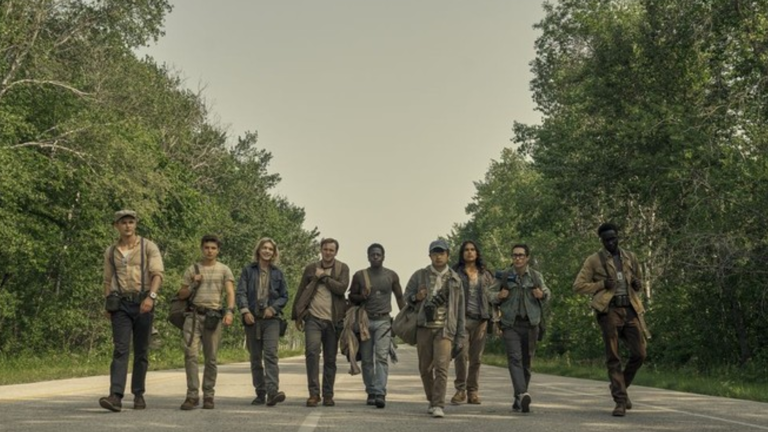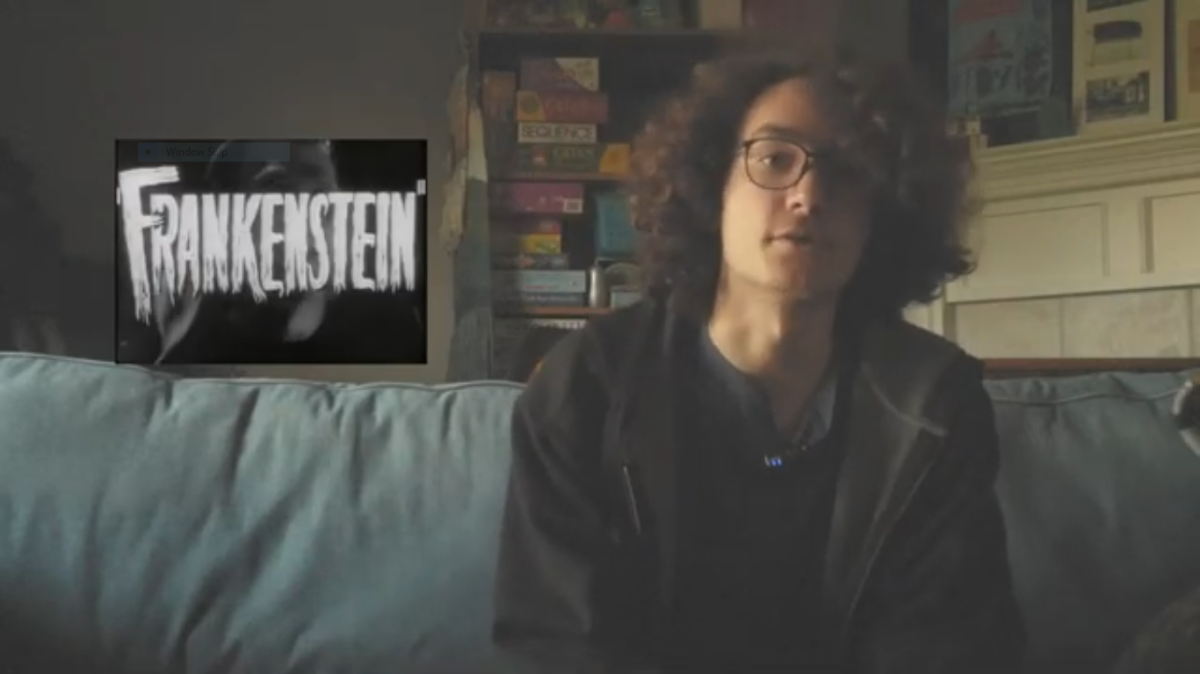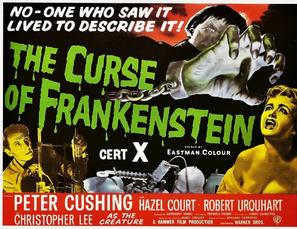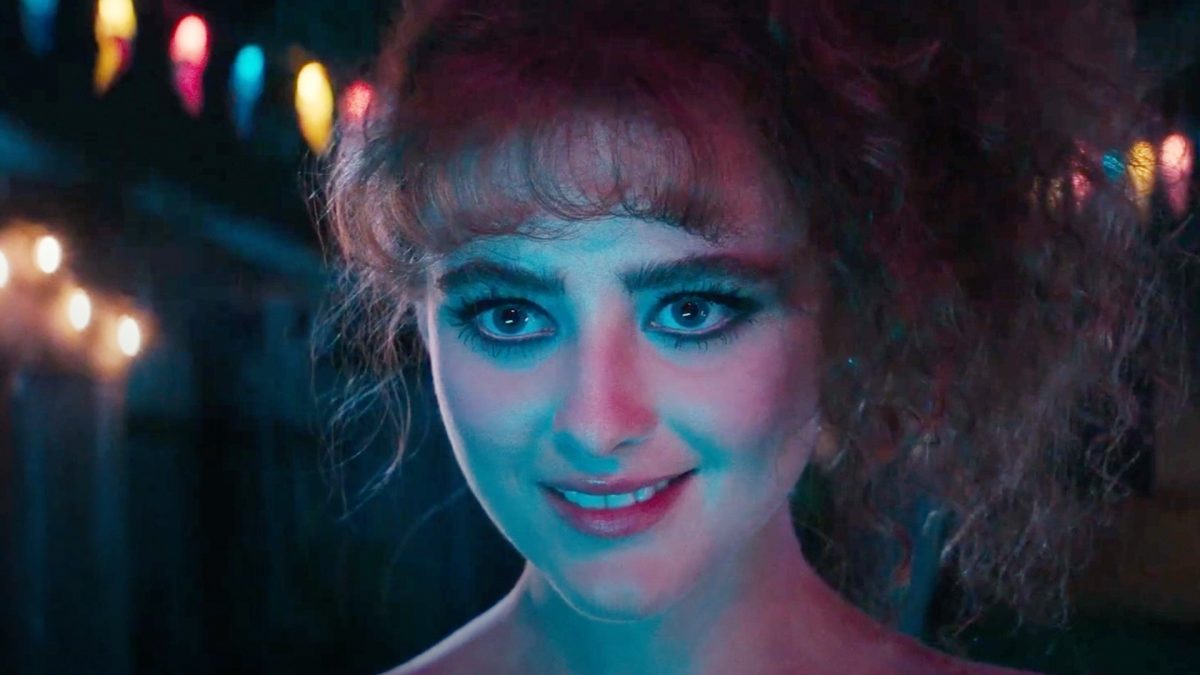Going into the theater, I expected a horror flick that was subpar at best. How much can you really do with a movie when it’s set in a fairly monotonous environment with little to build off of?
Coming out—after crying about five times and feeling like I just had my heart pulled out of my throat—I knew I was exponentially incorrect.
The Long Walk is one of the most gut-wrenching thrillers I have ever watched. It is consistently engaging, builds fantastic character arcs, and has some of the best cinematography in the horror genre this year.
In an alternate America where the U.S. has become a police state, 50 boys are selected to enter an annual contest where the winner will be awarded whatever he wants for the rest of his life. The only rules are to maintain a steady walking pace of at least 3 miles per hour without stopping. Contestants have three warnings if they go below pace, or they are shot and left for dead. The main tagline explains it all, “The task is simple: Walk or Die.”
The beginning of ‘The Walk’ unfolds almost too naturally. The fear is there, but it feels mundane in a way. Mark Hamill’s portrayal of the Major is terrifyingly genuine. The ‘respect’ the Major gives the boys continues to ease us into the ever-impending doom.
Getting attached quickly was easy, these are some of the most lovable characters that King has ever written. Casting young, emerging actors who will surely rock the film world was an amazing casting choice. I fully anticipate David Jonsson (Peter McVries), Cooper Hoffman (Ray Garraty), and Ben Wang (Hank Olson) becoming some of the most prominent actors of our generation.
“They say you shouldn’t make friends on the long walk, but I like you three. Let’s be Musketeers,” Peter McVries said.
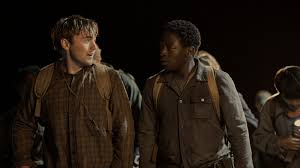
Looking at The Long Walk from a character perspective is complicated due to the wide range of personalities, growth and overall depth. Ray Garraty, the main protagonist, is incredibly supportive, driven, and will often risk his own life and success to help his teammates; midway through the film it is revealed that his intentions are also vindictive and impulsive, as we learn that Garraty’s father was killed by The Major for spreading government-restricted literature and art that contained anti-fascist messages. Therefore, Ray wants to use his wish to shoot and kill The Major hopes to dismantle the oppressive system they all currently live under.
However, Peter McVries, one of the main characters, is one of the only sources of genuine hope and positivity throughout the movie. He frequently tells his competitors and friends to appreciate the beauty of the world within the madness: the trees, the fresh air, even the spectators who find entertainment in a competition that will inevitably kill all but one of them.
“The only guarantee you have as a human being is that you are going to die. And, if you’re lucky, you get to choose how you spend those last moments,” Ray Garraty said.
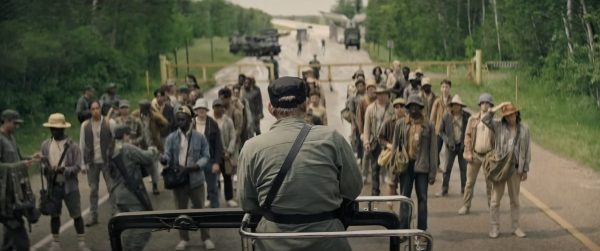
The illusion of choice is one of the strongest themes presented within the film, a powerful social commentary on the overwhelming effects of false hope and desperation under a corrupt government. Going on “The Walk” is praised by the government as a symbol of hope and motivation for citizens to work harder for a better life. In reality, so-called optional sign-up is the only glimmer of hope for anyone in the country, so the vast majority of those eligible have no choice but to register.
Ultimately, The Long Walk is more than a horror-thriller, it’s a reflection on humanity, resilience, and the cruel systems that exploit both. By blending raw emotion with sharp social commentary, it delivers a story that is as heartbreaking as it is unforgettable. By the end, you’ll be left breathless—not just from the terror of the walk, but from the devastating beauty of its humanity.

